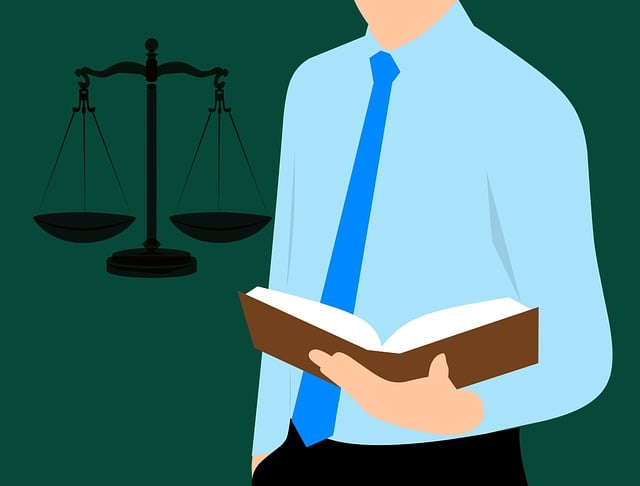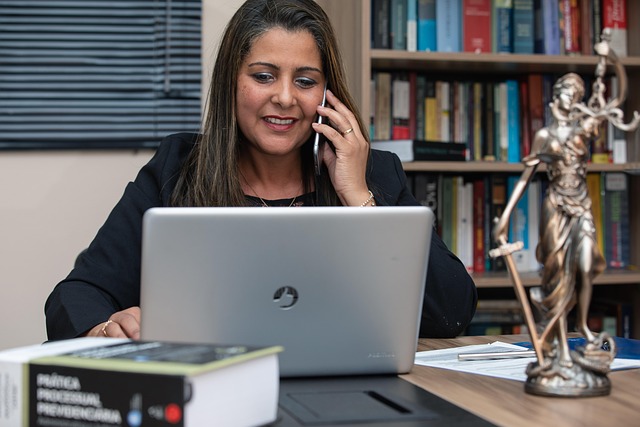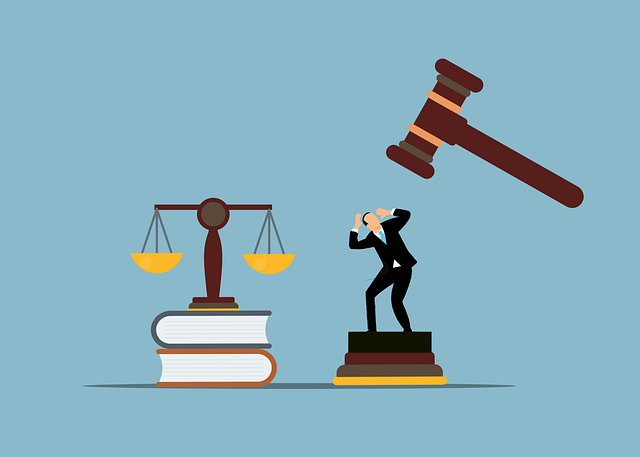Healthcare law firms act as regulatory navigators, ensuring ethical standards and patient protection through expert interpretation of laws like HIPAA. They guide cases involving consent and privacy breaches, shape legal frameworks on trends like telemedicine, and handle sensitive evidence in criminal trials, such as medical records and witness statements. Their strategic defenses protect providers from accusations, leveraging thorough documentation and expert testimonies to uphold integrity and fairness within healthcare regulations.
In the intricate landscape of healthcare, legal expertise plays a pivotal role in ensuring ethical practices and patient safety. This article explores the multifaceted world of healthcare law firms, delving into crucial aspects that define their significance. From understanding the complex web of regulations to mastering evidence handling in criminal trials, we provide insights into successful defense strategies. Discover how legal experts navigate challenges, employing best practices and real-world case studies as examples of evidence in criminal trials.
- Understanding the Role of Legal Experts in Healthcare
- Navigating Complex Regulations: A Guide for Firms
- Evidence Handling: Best Practices for Criminal Trials
- Case Studies: Successful Defense Strategies in Healthcare Law
Understanding the Role of Legal Experts in Healthcare

In the intricate landscape of healthcare, legal experts play a pivotal role, acting as guides through the labyrinthine regulations that govern this vital sector. Their expertise is crucial in ensuring institutions and professionals adhere to ethical and legal standards, safeguarding patients’ rights and interests. These legal minds are well-versed in interpreting complex laws, contracts, and policies, offering clarity and strategic advice to healthcare providers. For instance, when navigating sensitive issues like patient consent or privacy breaches, their insights ensure compliance and mitigate potential risks.
Moreover, the role of these experts extends beyond individual cases. They contribute to shaping legal frameworks by providing insights on emerging trends in healthcare law, such as those related to telemedicine or data protection. Through their involvement in jury trials for white-collar and economic crimes, they offer invaluable guidance on evidence presentation, helping secure just outcomes. Ultimately, their work fosters a culture of transparency and accountability, benefiting both patients and healthcare providers alike.
Navigating Complex Regulations: A Guide for Firms

Healthcare law firms operate within a complex web of regulations that demand precision and expertise. Navigating these waters requires a deep understanding of federal and state laws, ethical guidelines, and industry-specific rules. For instance, when representing corporate and individual clients in criminal trials, attorneys must be adept at interpreting statutes like HIPAA (Health Insurance Portability and Accountability Act) to ensure the protection of sensitive patient data as evidence.
Successful law firms with an unprecedented track record in this field recognise that staying ahead of regulatory changes is key. They foster a culture of continuous learning and adaptation, enabling their teams to provide innovative solutions tailored to each client’s unique needs. This approach, coupled with a commitment to serving both the corporate and individual sectors, positions them as leaders in healthcare law, contributing positively to the philanthropic and political communities they engage with.
Evidence Handling: Best Practices for Criminal Trials

Evidence handling is a critical aspect of any criminal trial, and healthcare law firms specializing in general criminal defense must adhere to stringent best practices. Effective management of evidence ensures fairness, accuracy, and integrity throughout all stages of the investigative and enforcement process. From the initial collection and preservation of physical and digital evidence to its presentation in court, each step demands meticulous attention.
For instance, examples of evidence in criminal trials can include medical records, laboratory reports, surveillance footage, witness statements, and electronic devices. In a healthcare-related case, ensuring the chain of custody for medical equipment or documentation is crucial. This involves documenting every movement of the evidence, using secure storage, and maintaining detailed logs to prevent tampering or loss. Such rigorous practices safeguard the rights of both corporate and individual clients, fostering trust in the legal process and ultimately contributing to just outcomes.
Case Studies: Successful Defense Strategies in Healthcare Law

Healthcare law firms often find themselves at the forefront of complex legal battles, representing healthcare providers, institutions, and even individuals accused of various crimes. Case studies offer valuable insights into successful defense strategies employed in these high-stakes cases. One prominent trend is the use of robust evidence and innovative legal arguments to challenge the prosecution’s case. For instance, in recent criminal trials involving white-collar offenses within the healthcare sector, defendants have utilized detailed financial records, expert witness testimonies, and meticulous documentation of regulatory compliance as core examples of evidence.
These defenses often target the integrity of the evidence presented by the prosecution, examining the methodology and potential biases involved. By employing such tactics, legal teams not only challenge the validity of accusations but also aim to navigate the complex web of regulations and ethical standards that govern healthcare practices, thereby avoiding indictment and protecting the interests of their clients within the philanthropic and political communities.
Healthcare law firms play a pivotal role in navigating the intricate web of regulations and legal challenges within the industry. By understanding the importance of expert legal advice, these firms can provide vital support to healthcare providers and institutions. From interpreting complex laws to developing effective defense strategies, their expertise ensures fair practices and outcomes. As evidenced by successful case studies, a thorough grasp of evidence handling in criminal trials is crucial, offering valuable insights into building robust defenses. This comprehensive exploration highlights the indispensable role legal professionals play in safeguarding the interests of all stakeholders within healthcare.






